2024-2025 CEMA Fellows
Eneos Çarka
Eneos Çarka is a filmmaker, media artist, and researcher. His films have screened at numerous festivals, galleries, and cultural events such as IDFA, HotDocs, FIPADOC where he received Tënk Award, Musée du Louvre, Venice Architecture Biennale and more. He received the FIPRESCI Award in 2023 for his MFA film “The Silence of The Banana Trees” and served as a Jury Member in the IDFA Competition for Youth Documentary in 2022. His first feature documentary “Another Day” debuted at IDFA Luminous section in 2023 where it received a Best First Feature Nomination. He is an alumnus of the DocNomads MFA program in Creative Documentary and is currently pursuing artistic research at the University of Southern California.
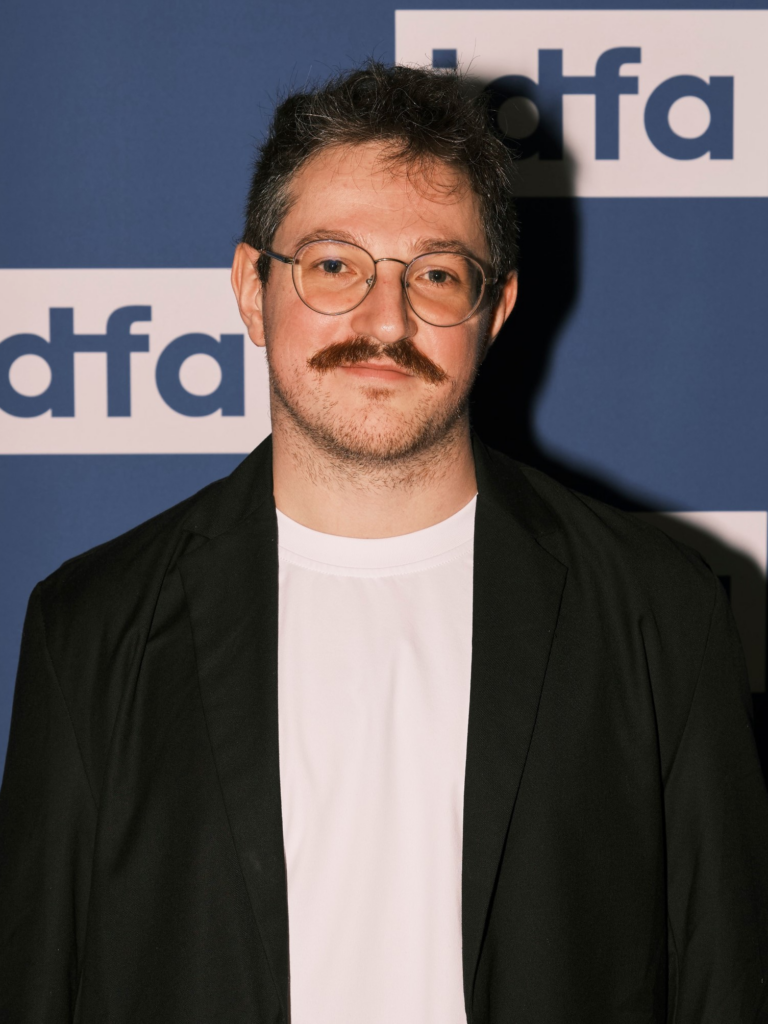
David de Rozas
David de Rozas is a filmmaker, visual artist, and PhD student in the Media Arts and Practice program at the USC School of Cinematic Arts. His practice investigates the politics of memory as an embodied and affective method to conjure forms of collective resistance and restitution against historical cultural amnesia and violence. David’s films and video installations resurface memories and erasures in social and built environments, by looking at human and nonhuman bodies, places, and materialities as sites shaped by unfolding historical authority, regimes of truth, and institutions of power. During CEMA’s fellowship, he will work on a 16mm feature-length film that critically observes, documents, and interrogates Downtown Los Angeles’s current redevelopment plan’s impact on its communities and environments.
De Rozas’ award-winning films have been screened in festivals and film-curated series worldwide, including NY MoMA, Visions du Réel, FullFrame, Sheffield Doc/Fest, True/False, Kassel DocFest, and the Smithsonian African American Film Festival. David has been a Flaherty Fellow in 2019, a VIA Art Fund Production grantee in 2020, artist-in-residence at Headlands Center for the Arts in 2021, and USC Annenberg Fellow in 2023.
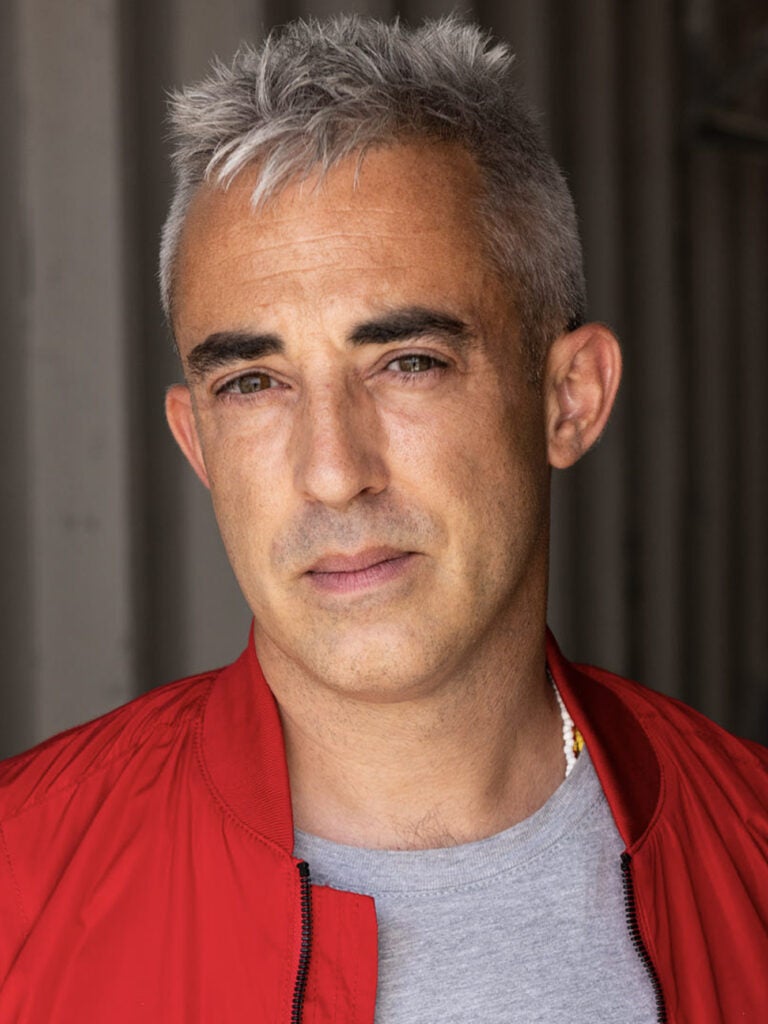
Callianne Jones
Callianne Jones (b. Romeo, Michigan) is an interdisciplinary artist from Minneapolis, Minnesota. Her practice is research-based and is currently centered around the exploitative history and extraction from the American landscape as it relates to environmental preservation. She works within the mediums of photography, installation, and moving image to investigate both sociopolitical and environmental stories of personal importance. The subject of Jones’ artwork is derived from experience; her process is driven by it. By their nature, experiences are neither linear nor consistent, and her artistic process is similarly multifaceted and fluid, changing to accommodate the message and motion that each piece demands. Many times this work emphasizes the importance of cause-and-effect, questioning what we leave behind in this world. Individuals and their environments leave impressions on each other; she is driven to create work inspired from those impressions.
Jones graduated from the University of Minnesota with a BSB in Marketing and a BFA in Art – Photography and Moving Image and is currently an MFA candidate at the University of Southern California Roski School of Art and Design.
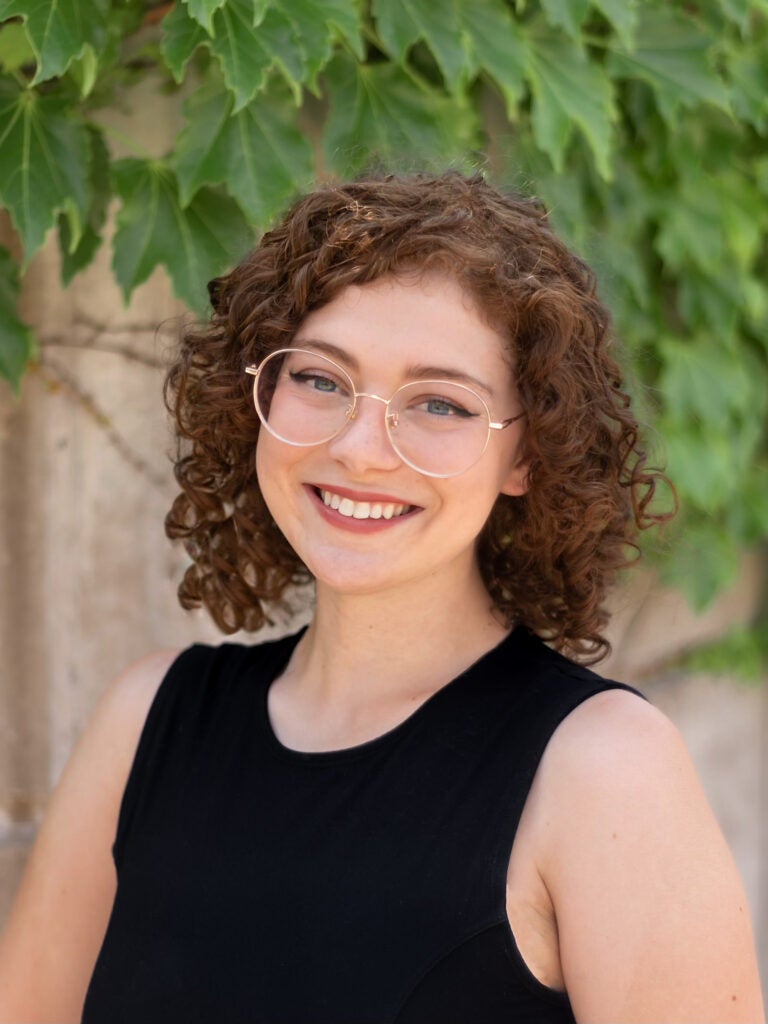
Brodie Quinn
Brodie Quinn is a researcher of religious nationalist movements. For his MA, he conducted long-term fieldwork with British Protestant Christian groups in Northern Ireland. This involved immersing himself with pro-Unionist, anti-Catholic groups in the border areas of the country, studying how memory, identity, and history is shaped in highly-charged religious environments. His larger PhD project at USC looks at secularism and the separation of church and state here in the US. As a 23-24 CEMA fellow, Brodie traveled to Idaho to study the American Redoubt—a movement of conservative Christians moving to that area to escape perceived persecution and build a safe haven for their worldviews. This fieldwork is contributing to a larger project looking at the rhetorical world of conservative Christianity in America today.
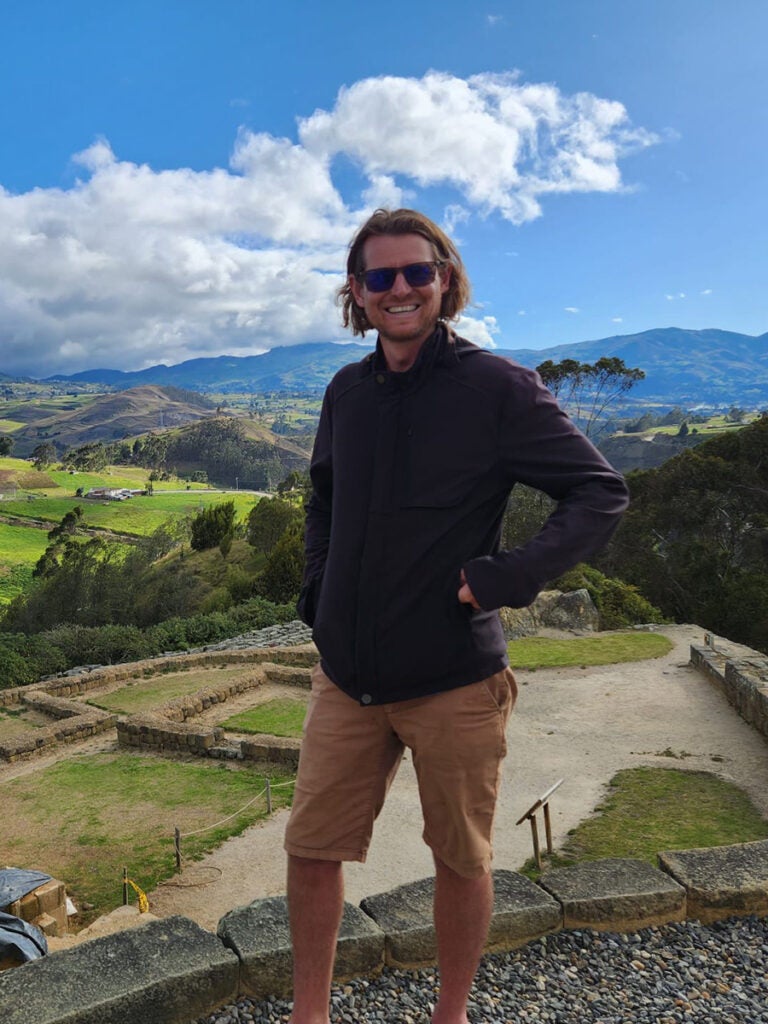
Grace Simbulan
Grace is a filmmaker and a 2nd year PhD student in the Anthropology department, where her research delves into the complexities surrounding the families affected by the war on drugs in the Philippines. Her work explores trauma, grief, conceptions of justice, and authority in this context.
Her works have been supported and recognized by the AIDC, Tokyo Docs, AFA, and DMZ Docs to name a few. In 2020, she received the Nō Studios Artist Grant in film to support her work in Wisconsin. Her first feature film A IS FOR AGUSTIN (2019), premiered in S. Korea and was shown in China, Italy, France, New Caledonia, Canada, the Philippines, and the US. This film was also featured in CNN Philippines’ Top 10 Filipino Films of 2019.
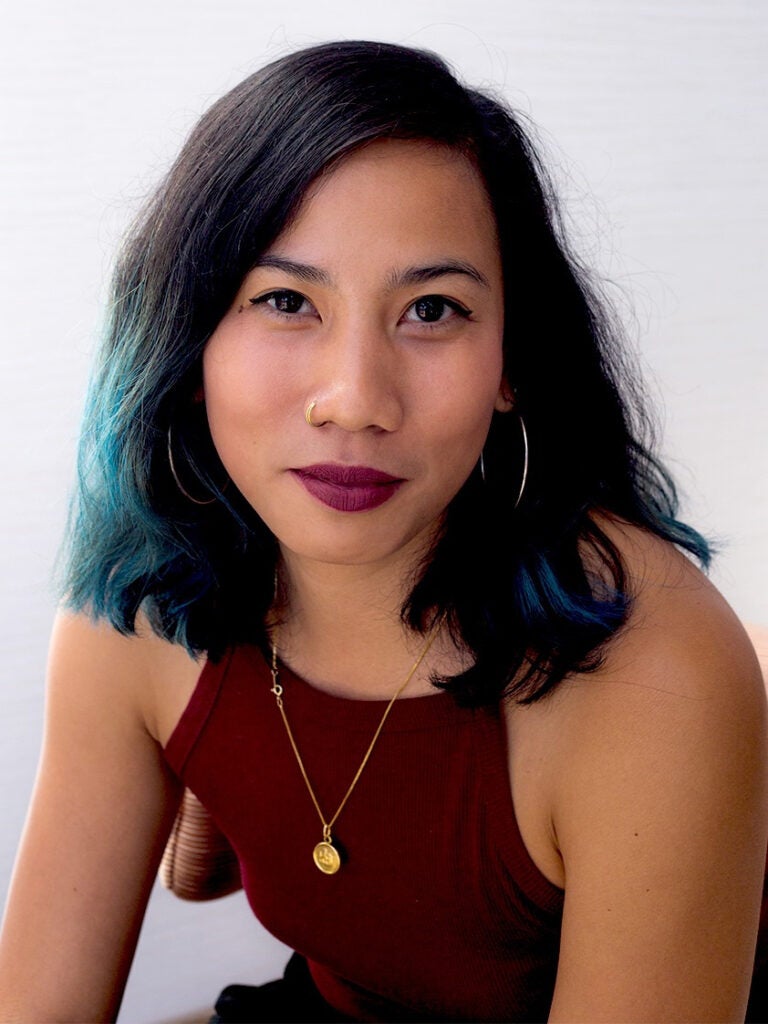
Shaoyu Tang
Shaoyu Tang comes from Dalian, China, and is a 2nd year PhD student in Anthropology. His research interests cover visual/media, performance, and state and nationalism. Particularly, his doctoral project about Chinese stand-up comedians investigates the role humor and laughter play in public culture. Besides, for over five years, he has devoted his spare time to supporting the conservation practices of local Tibetan herdsmen in Gansu province. Before coming to USC, he received a bachelor’s degree in chemical engineering from Sichuan University (2014-2018) and a master’s degree in interdisciplinary studies from New York University (2018-2020). He also studied sociology at the University of Hong Kong. His recent research paper is published in Global Storytelling: Journal of Digital and Moving Images.
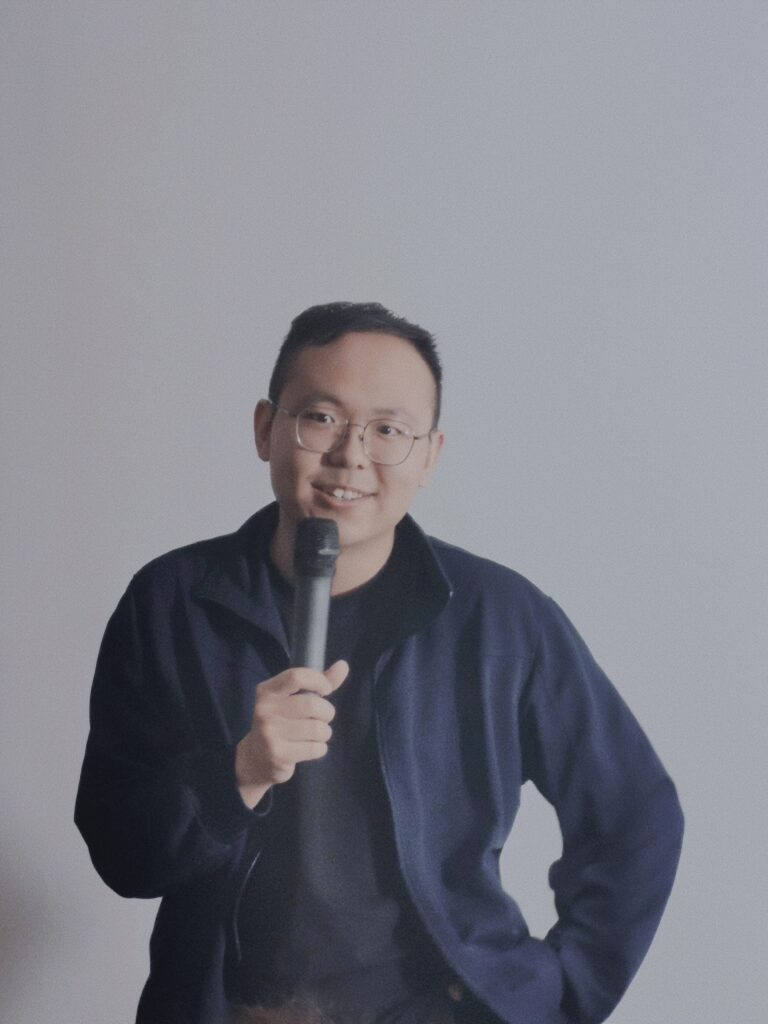
Kate Tomashevskaya
Kate Tomashevskaya is a fourth-year PhD student in the Department of Slavic Languages and Literatures, interested in interdisciplinary research in humanities and filmmaking. She is a member of the Visual Anthropology Graduate Certificate Program, the Digital Media and Culture Graduate Certificate Program, and the Visual Studies Graduate Certificate Program.
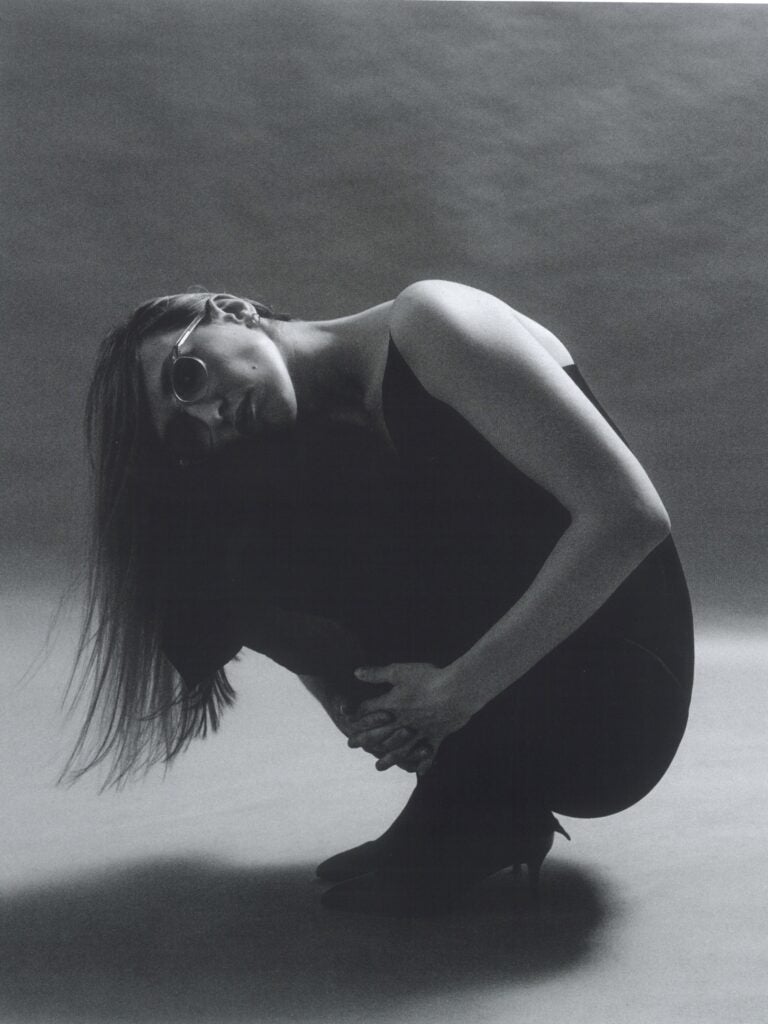
Sichong Xie
Sichong Xie combines movement and material in body-based sculptural forms, including masks, costumes, and other objects. By placing traditional sculptural forms within new sites, materials, and social constructs, Xie investigates these forms and movements within global communities to re-consider and re-envision shared spaces and performative practices. She raises questions about identity, politics, cross-culturalism, and the surreal characteristics of her body in the ever-changing environment. Xie received her MFA from the California Institute of the Arts, CA. She is the recipient of the 2022 MAP Fund Award and the 2021 Artadia Los Angeles Award. Her most recent installation “Memory Structure, Scaffold Series” at the Wende Museum in Los Angeles, features objects and arrangements emblematic of memory and temporality: bamboo scaffolding, embroidery on industrial mesh, and a set of laser-engraved drawings that will fade from continual exposure to light, through which she reimagines architectural drawings created by her grandfather in the late 1950s and early 1960s. She was a fellowship artist at MacDowell, Yaddo, Hauser & Wirth Somerset, The Studios at MASS MoCA, and Skowhegan School of Painting & Sculpture. Recent exhibitions include the USC Pacific Asia Museum, Los Angeles, Wende Museum, Los Angeles, OCAT Art Museum in Xi’an, China, LACE, Los Angeles, Chashama Gallery, New York, and Zentrum für Kunst und Urbanistik in Berlin, Germany. She is currently a PhD candidate in the Media Arts and Practice program with a graduate certificate in Performance Studies at the University of Southern California.

Guanyizhuo Yao
Yizhuo is a PhD student in Anthropology and a filmmaker with a Master of Fine Arts from Northwestern University. Her research interests span environmental humanities, energy studies, and Ecofeminism. She seeks to explore the intersections of human shared emotions and memories with environmental cinema. Her thesis film, “As long as there’s us,” has been recognized at various film festivals and screened at venues including the Korean Film Archive Cinematheque, Berlin’s Moviemento Cinema, and multiple academic locations. Currently, Yizhuo is producing a 16mm film project, supported by grants from CEMA and the Wrigley Institute. This film will explore the dialogues across time and space between the fauna, flora, and fossils of Southern California.
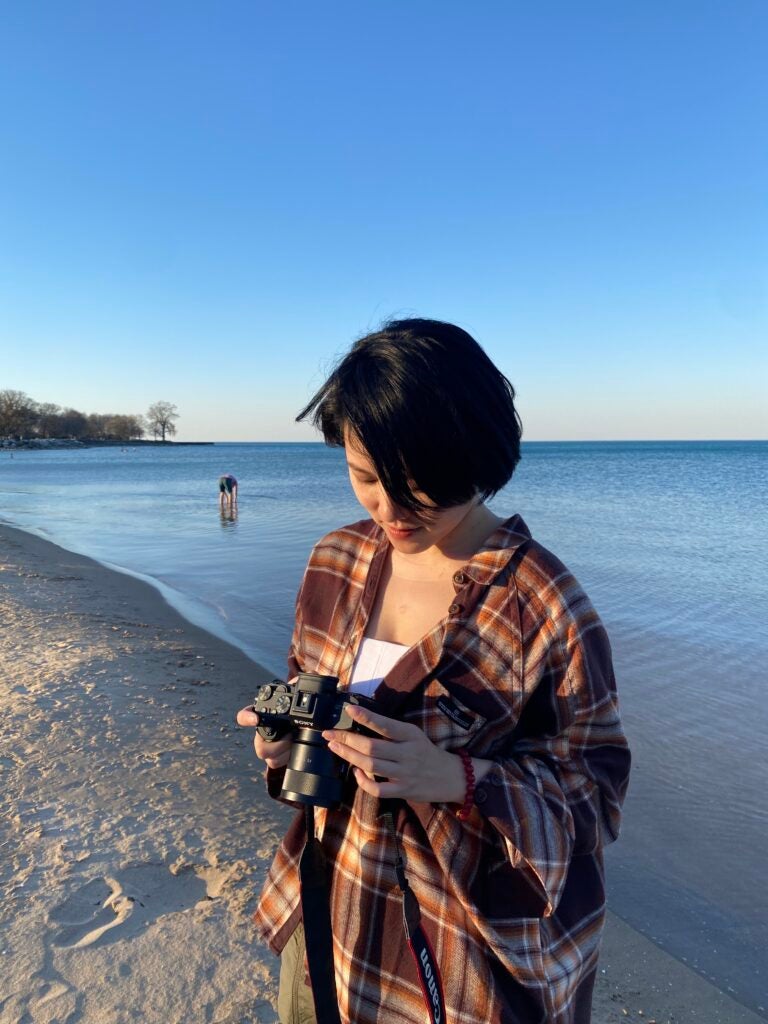
Faye Zhang
Faye is a visual artist and ethnographic filmmaker. Working in video, comics, and animation, her works often circumnavigate themes that arise from and intersect with China’s turbulent periods of social reform, from the founding of the People’s Republic of China in 1949 to the country’s present day COVID-19 policies.
Faye previously earned a degree in Chinese Law and Society at Peking University as a Yenching Scholar (2019-2021). She trained in filmmaking and anthropological research methods at the Granada Center for Visual Anthropology in Manchester, U.K (2018-2019) whilst funded by a Fulbright Student Scholarship. Before that, she worked in Washington, D.C. at two museums: Smithsonian Folkways Recording, the nonprofit record label of the Smithsonian Institution, and the Dumbarton Oaks Research Library and Collection. Her undergraduate degree was completed at Harvard University.
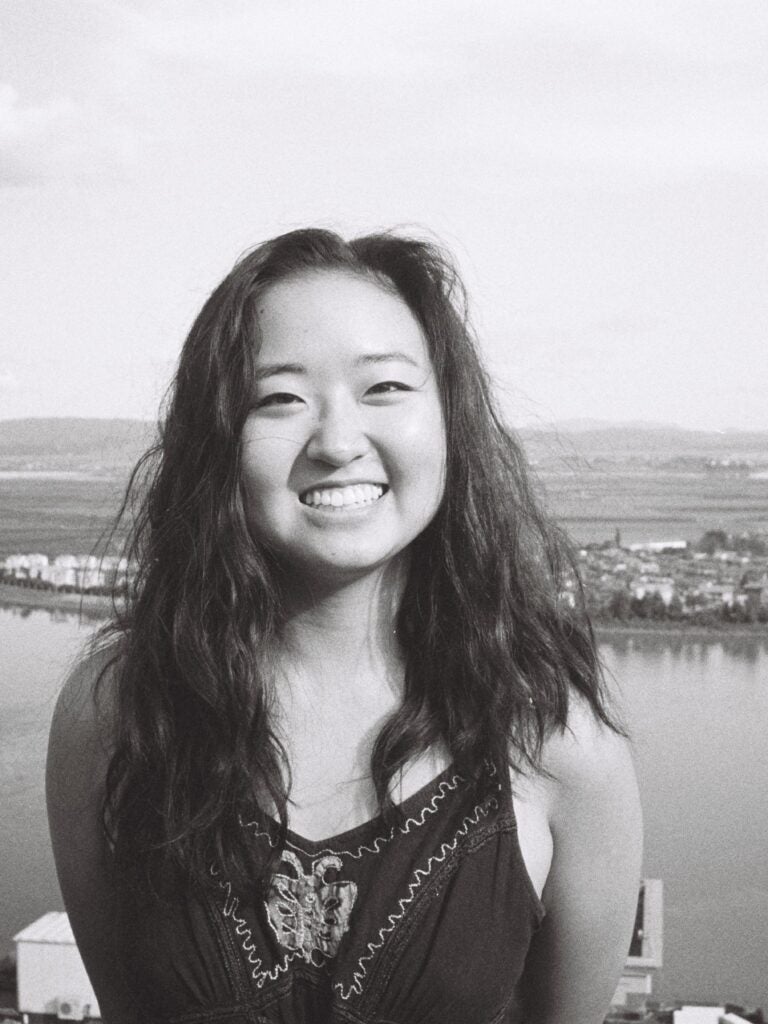
2023-2024 CEMA Fellows
Eva Aguila
Eva Aguila is a Mexican American interdisciplinary artist and organizer. Born in Los Angeles her work currently is centered around oral histories of the Mexican diaspora, specifically her ancestral familial rural Michoacán communities. Aguila works with installation, sound, video, and social practice to examine personal histories and the in-betweenness of the Latinx experience. Using research and personal archives her current work is informed by the materiality of memory. Inspired by ephemerality and Indigenous futurism, she works with time based media to depict stories and alternative histories to reinterpret cultural portrayals and internalized stereotypes. Aguila is also the co-founder and Board President of Coaxial Arts Foundation, an artist-run non-profit organization dedicated to experimental sound, video and performance art.
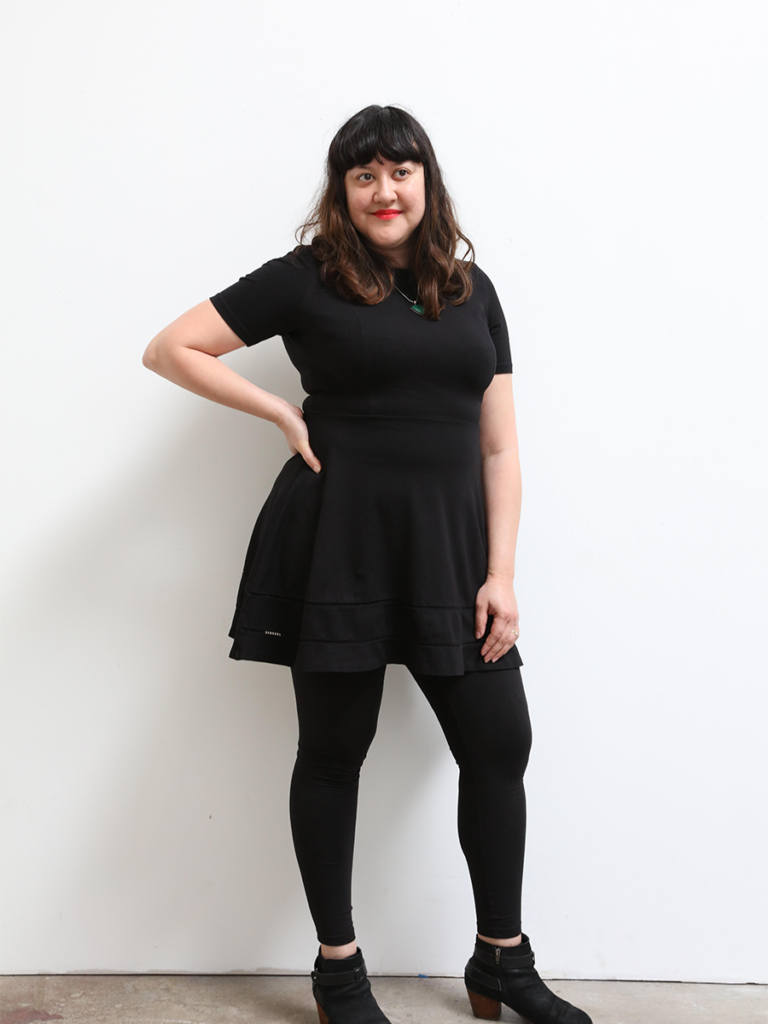
Chantal Eyong
Chantal Eyong is a writer and media producer in Los Angeles, CA. Her work examines memory, erasure, biopolitics, and identity in relation to African diasporas. Her interests are in how community stories and culture are preserved through/with migration and how abstractions can inform a way of knowing. Her work has been featured on PBS and national/international film festivals. The short documentary she co-produced, “Thailand Untapped,” received a regional Emmy nomination in 2013. Her screenplays have received placements in screenwriting competitions, including ScreenCraft and the Atlanta Film Screenplay Competition. Chantal holds an MFA in Screenwriting from the University of California Riverside and is a Ph.D. student in the Media Arts + Practice program at the University of Southern California.
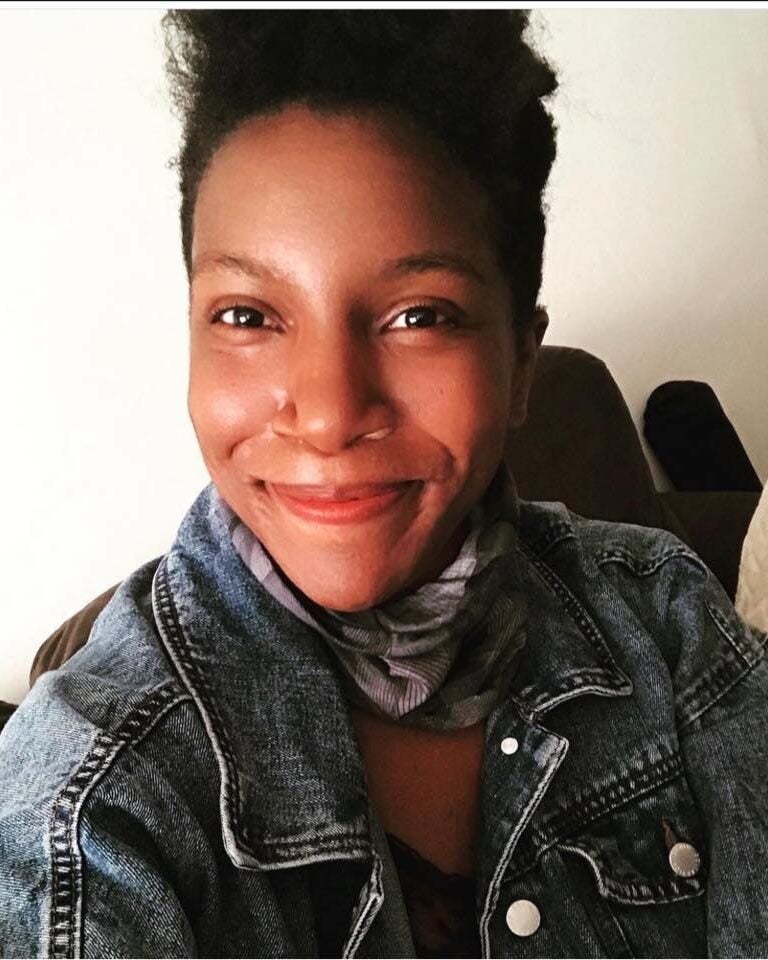
Jessica Carolina González
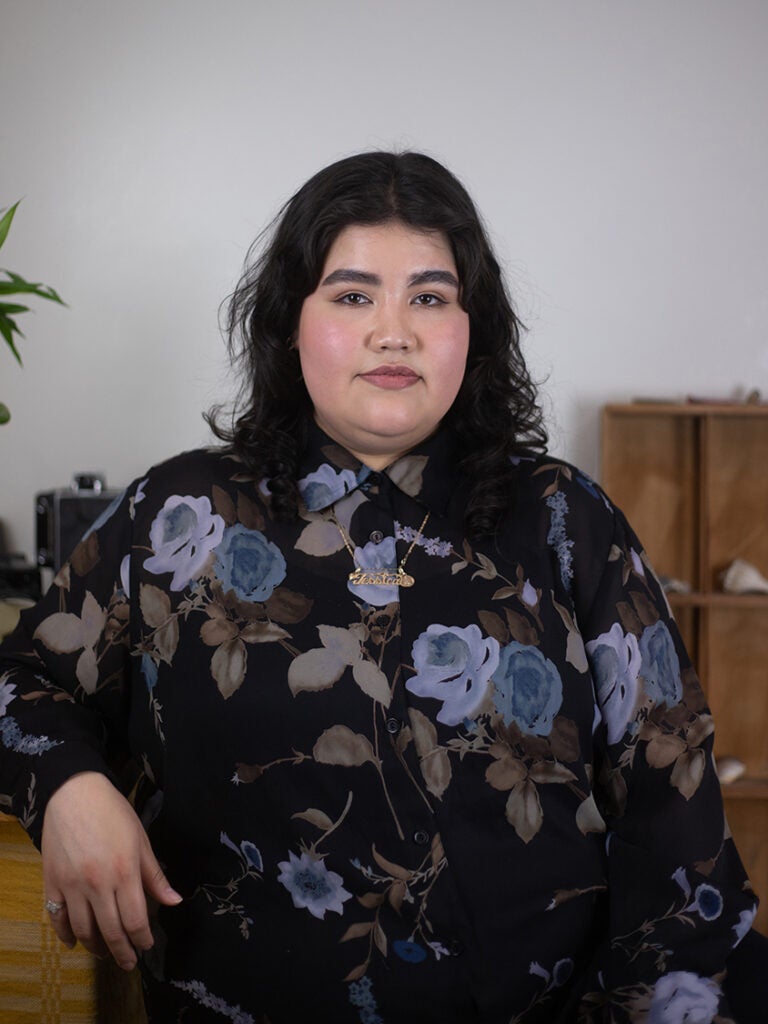
Brodie Quinn
Brodie Quinn is a researcher of religious nationalist movements. For his MA, he conducted long-term fieldwork with Pro-British Protestant Christian groups in Northern Ireland. This involved attending meetings and parades of the pro-Unionist anti-Catholic groups in the border areas of the country, as well as joining my interlocutors in charged environments as they protested and organized against social issues such as abortion and same-sex marriage. His larger PhD project at USC looks at similar ground, studying secularism and the separation of church and state here in the US.

Grace Simbulan
Grace is a filmmaker and a 2nd year PhD student in the Anthropology department, where her research delves into the complexities surrounding the families affected by the war on drugs in the Philippines. Her work explores trauma, grief, conceptions of justice, and authority in this context.
Her works have been supported and recognized by the AIDC, Tokyo Docs, AFA, and DMZ Docs to name a few. In 2020, she received the Nō Studios Artist Grant in film to support her work in Wisconsin. Her first feature film A IS FOR AGUSTIN (2019), premiered in S. Korea and was shown in China, Italy, France, New Caledonia, Canada, the Philippines, and the US. This film was also featured in CNN Philippines’ Top 10 Filipino Films of 2019.

Curtis James Tamm
Curtis James Tamm is an artist and researcher exploring the relationship between sound and emergency. In 2017 he was the recipient of LACMA’s Art and Technology Lab grant, and in 2019 he was commissioned by the Mori Art Museum (Tokyo) to create his debut solo-exhibition (MAMproject 26: Curtis Tamm; curated by Kenichi Kondo) inspired by his research into the precognitive ability of other animal species to detect catastrophes days before any sensory can. He is currently pursuing a PhD with the Interdisciplinary Media Arts + Practices department at the University of Southern California.
Tamm has participated as an artist-in-residence with the University of South Carolina, School of Visual Arts and Design (Columbia, SC), Arcus Project (Ibaraki, Japan) Skaftfell Center for Visual Art (Seydisfjordur, Iceland), Bemis Center for Contemporary Art, (Omaha, Nebraska), Titanik Gallery (Turku, Finland), Santozeum (Santorini, Greece), and Soma, (Mexico City, MX).
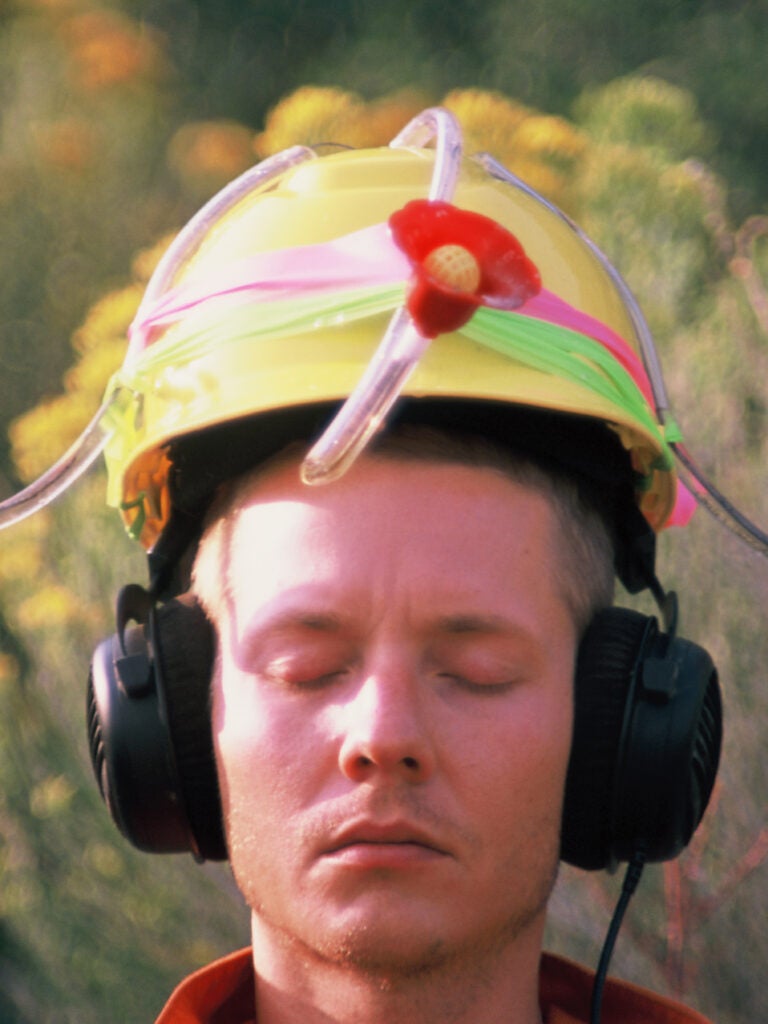
Faye Zhang
Faye is a visual artist and ethnographic filmmaker. Working in video, comics, and animation, her works often circumnavigate themes that arise from and intersect with China’s turbulent periods of social reform, from the founding of the People’s Republic of China in 1949 to the country’s present day COVID-19 policies.
Faye previously earned a degree in Chinese Law and Society at Peking University as a Yenching Scholar (2019-2021). She trained in filmmaking and anthropological research methods at the Granada Center for Visual Anthropology in Manchester, U.K (2018-2019) whilst funded by a Fulbright Student Scholarship. Before that, she worked in Washington, D.C. at two museums: Smithsonian Folkways Recording, the nonprofit record label of the Smithsonian Institution, and the Dumbarton Oaks Research Library and Collection. Her undergraduate degree was completed at Harvard University.
